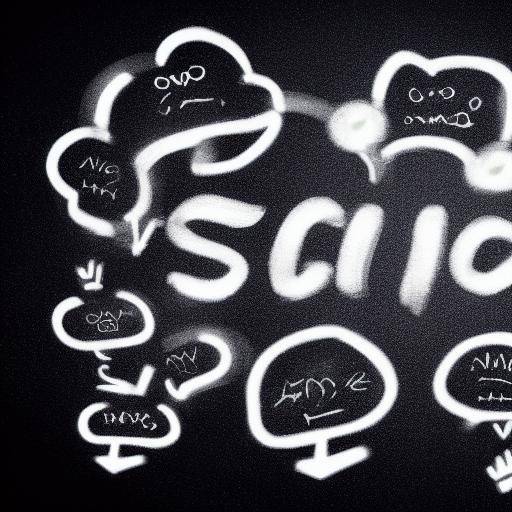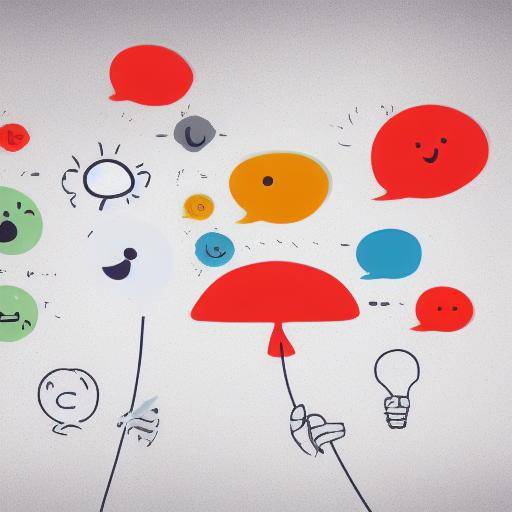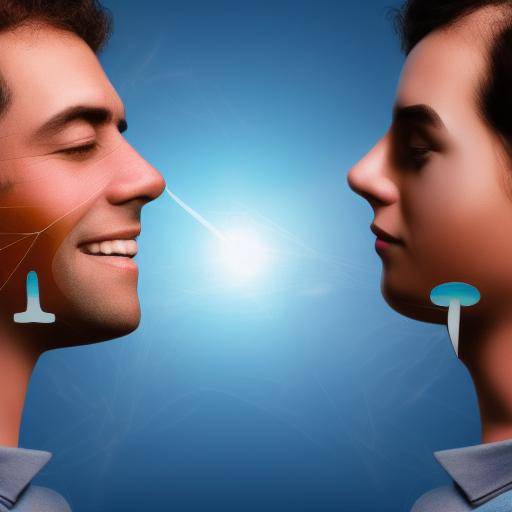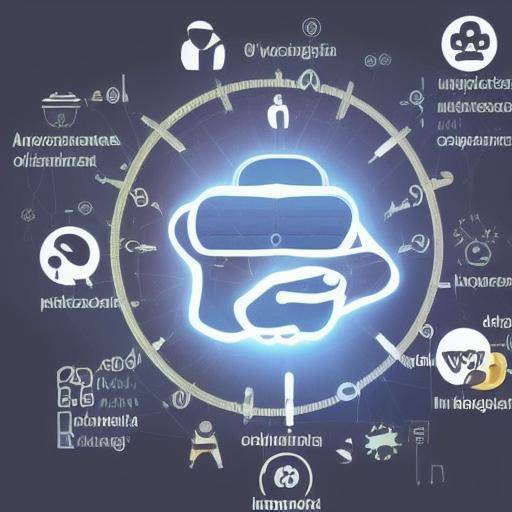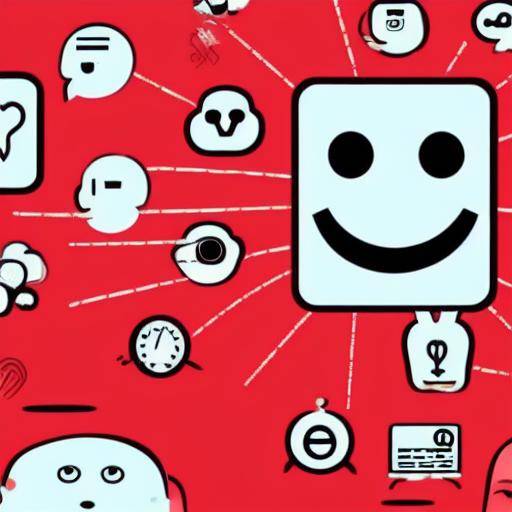
Emotions play a fundamental role in our lives, influencing our decisions, interpersonal relationships and emotional well-being. The ability to identify and understand our own emotions is crucial for the development of emotional intelligence and self-knowledge. In this article, we will thoroughly explore how to identify and understand our emotions, along with their importance in our daily lives. We will discover the techniques, approaches and benefits associated with emotional management.
Introduction
Emotional self-knowledge is a vital process that allows us to understand, manage and channel our emotions effectively. By understanding our own emotions, we can improve our interpersonal relationships, make more conscious decisions and better manage stress.
In this article, we will enter the world of emotional identification, emotional intelligence and self-knowledge, exploring each one in detail. We will learn to recognize and accept our emotions, discover strategies to manage them effectively and explore how this process of self-knowledge can enrich our lives.
History and Background
The study of emotions and their impact on human behavior dates back to antiquity, but it was in the 1990s when Daniel Goleman popularized the term "emotional intelligence." Since then, emotional intelligence has been the subject of numerous scientific studies and has become a field of great relevance in the psychological field.
In-depth Analysis
Emotional intelligence includes skills such as recognition of one's own emotions and those of others, the ability to manage them, as well as the regulation of emotions and empathy. Developing emotional intelligence allows people to properly manage stress, improve their interpersonal relationships and make more conscious decisions.
Comprehensive Examination
Self-knowledge allows us to deepen our emotions, identify patterns of behavior and understand how our emotions influence our actions. By better understanding our emotional reactions, we can manage daily challenges more effectively and foster greater emotional and mental well-being.
Comparative Analysis
Emotional identification, emotional intelligence and self-knowledge are closely interrelated and complement each other. Emotional identification refers to the ability to recognize and name the emotions we experience, while emotional intelligence implies the ability to understand, manage and express these emotions in a healthy way. Self-knowledge, for its part, implies a deeper level of understanding of our emotions and their origin, allowing us to make more informed decisions.
Practical Tips and Actionable Advice
- Practice daily self-reflection: Dedicate a daily time to identify your emotions, recognizing their origin and how they affect you.
- Keep an emotional journal: Write your thoughts and emotions daily to identify patterns and triggers.
- Develop empathy: Putting you in the place of others helps you to better understand and manage emotions in social interactions.
Industry Insights and Expert Opinions
According to experts in emotional psychology, the development of emotional intelligence and self-knowledge is crucial to fostering healthy relationships, both at the personal and professional level. Companies are also recognizing the importance of emotional intelligence in the workplace, as it contributes to a more positive and productive working environment.
Case Studies and Real-Life Applications
A clear example of the importance of emotional intelligence in the workplace is emotionally intelligent leadership, where leaders understand and manage the emotions of their team effectively, leading to a more harmonious and productive working environment.
Future Trends and Predictions
In the future, emotional intelligence and self-knowledge are expected to play an increasingly important role in education, leadership and interpersonal relationships, as their positive impact on individual and collective well-being is recognized. As society advances, emotional awareness and effective management of emotions are expected to be fundamental skills for success and happiness in various aspects of life.
Conclusion
In short, emotional identification, emotional intelligence and self-knowledge form a set of essential skills to understand, manage and channel our emotions effectively. By developing these capacities, we can improve our quality of life, promote healthier interpersonal relationships and foster more productive working environments. By investing time and effort in the development of our emotional abilities, we are contributing significantly to our personal and collective well-being.
FAQs
Why is it important to identify our emotions?
Identifying our emotions allows us to understand how they affect us, how they influence our decisions and how they impact our interpersonal relationships. This knowledge is vital to the development of emotional intelligence and self-knowledge.
How can I improve my ability to identify my emotions?
The practice of self-reflection, the maintenance of an emotional journal and the development of empathy are effective strategies to improve emotional identification. It is also useful to seek the support of a mental health professional if difficulties arise in this process.
What is the difference between emotional intelligence and self-knowledge?
Emotional intelligence focuses on understanding and managing emotions, as well as empathy, while self-knowledge implies a deeper level of understanding of our emotions, thoughts and behaviors, allowing us to make more informed decisions.
How can I benefit from the development of emotional intelligence and self-knowledge in the workplace?
The development of these skills can boost effective leadership, improve communication skills and promote a more collaborative and productive working environment.
What is the importance of emotional intelligence in interpersonal relationships?
Emotional intelligence enhances the ability to understand and manage emotions in interpersonal relationships, fostering more effective communication, more healthy conflict resolution and stronger relationships.
How can I foster the development of emotional intelligence in my children?
Promoting emotional expression, teaching stress management skills and fostering empathy are key actions to foster emotional intelligence in children.
Concluding, the understanding and management of our emotions is essential for personal well-being and development. By learning to identify and understand our emotions, we develop greater emotional intelligence and self-knowledge, allowing us to live a more full and satisfying life, and establish more positive relationships with others.












